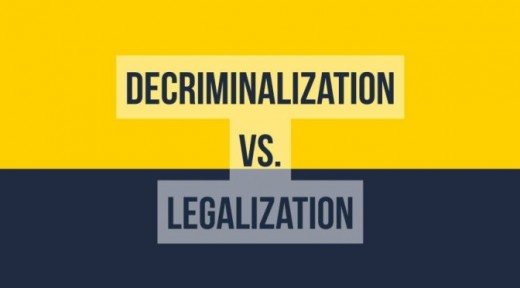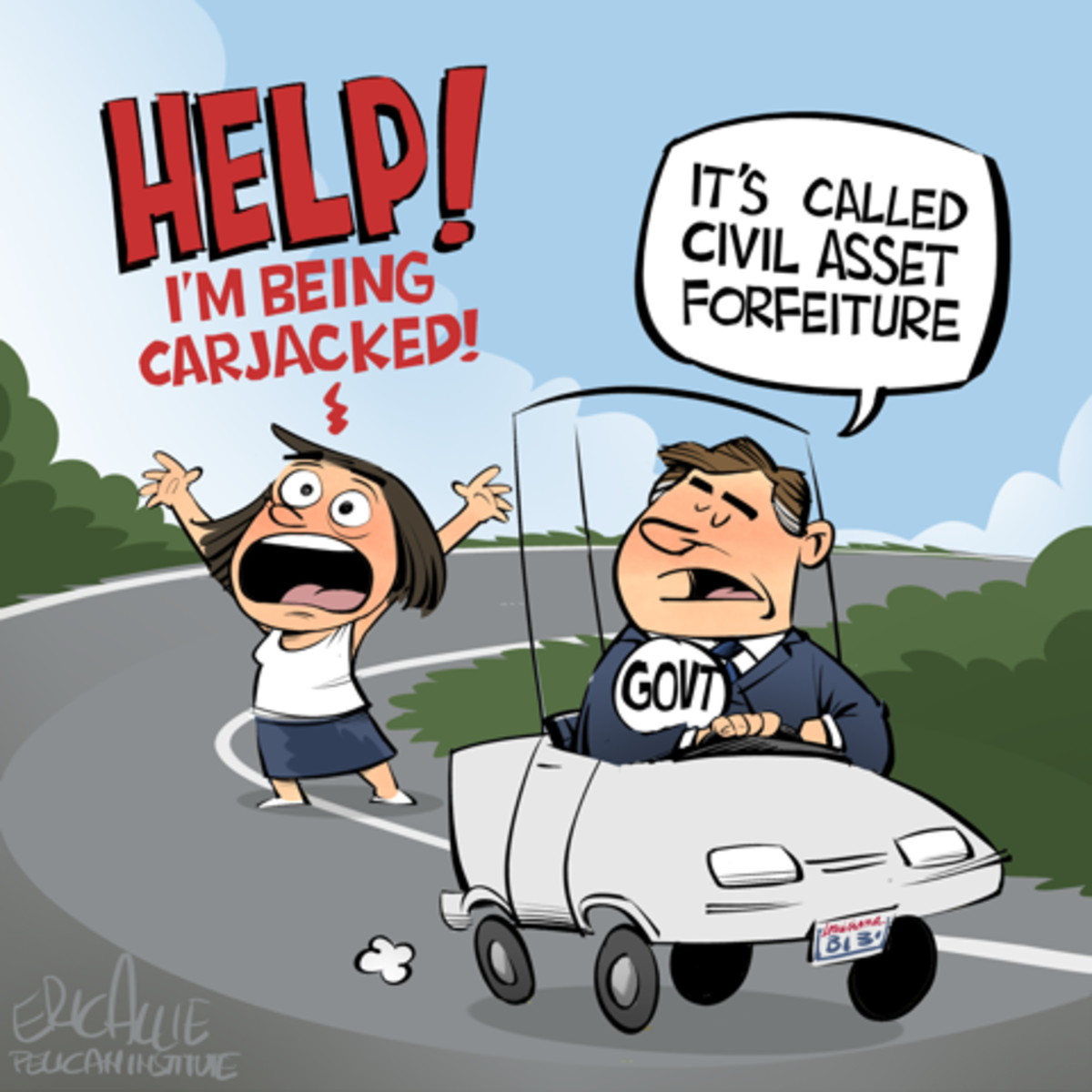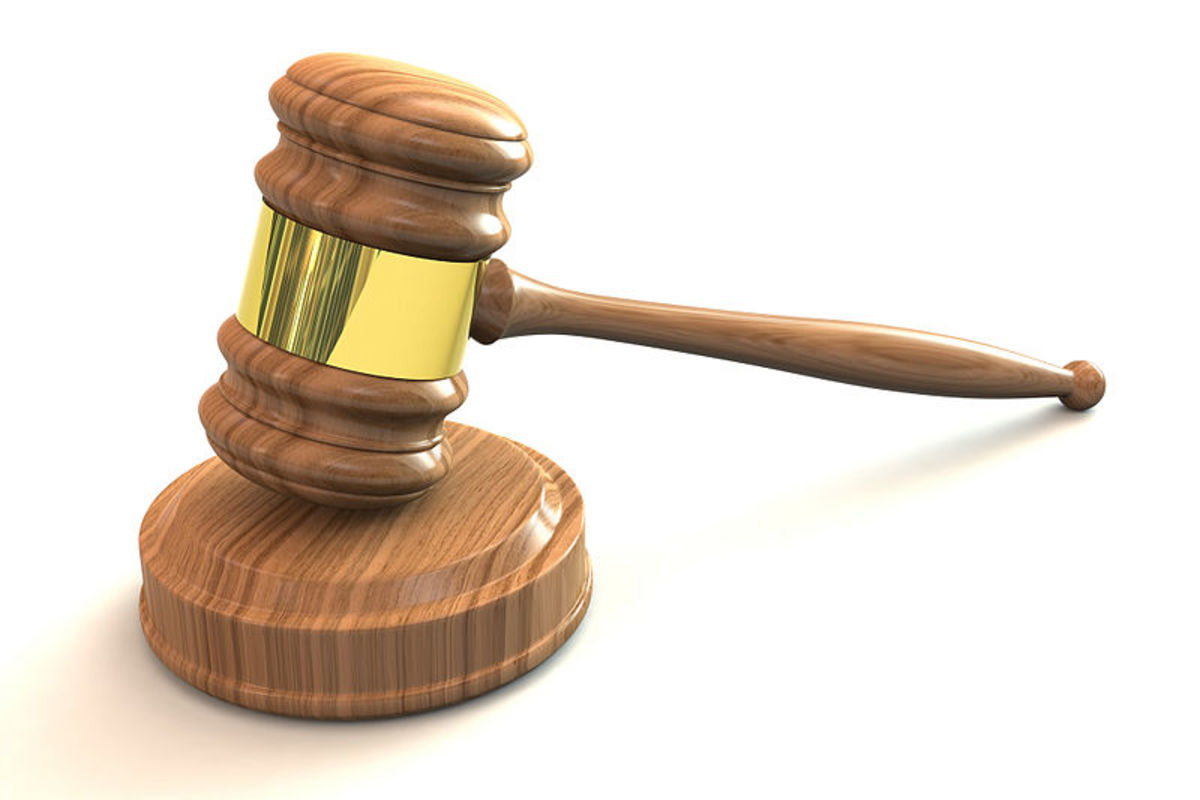Why It’s Time to Decriminalize or Legalize Laws That Are Exploitative, Irrelevant & Stifle Progress

In most modern societies the Government is tasked with creating laws or set of rules where citizens are required in adhering to for preservation of order and harmony. They are like a manual whose main purpose is guiding a person on living peacefully with others, the remedies available when seeking redress, limitations of one’s rights, various unlawful acts and punishment accorded to them. In the absence of law chaos thrives and a society is ungovernable creating a failed state. As we move towards the future it becomes imperative those tasked in creating those laws to continually amend them in meeting and solving challenges brought about by changing times.
Hence a law created in 18th century was sufficient in meeting the demands & challenges of that period as it was structured in answering various situations which the society deemed important and relevant in maintaining order amongst them. For example a law created to contain idleness was relevant during that time as they viewed it somewhat as a crime and morally unacceptable. As time passed with globalization spreading, people begun learning new cultures changing their perceptions about idleness and accepting it as a normal behavior amongst them making such law irrelevant nowadays.
What is Decriminalization and Legalization?
So by continually reviewing laws the Government is seen keeping abreast with the ever changing perception of its citizens regarding various issues affecting them and maintaining laws that are relevant. In doing so the Government reduces inefficiencies in execution and enforcement of laws which in turn increases confidence in the judicial process. Thus the onus is on the Government in ensuring the current laws reflect the views and aspirations of its people to avoid being seen exploitative, archaic and out of touch.
Therefore the Government is faced with 2 options; either they decriminalize or legalize some sections of laws which over time the society deem them as irrelevant as their perceptions have changed regarding them and many gradually begin to see them as a lesser threat on their moral standards.
Decriminalization is the lessening of criminal penalties relating to certain acts or to repeal a strict ban while keeping some form of regulation and Legalization is the process of removing of all criminal penalties from something.
For example in 2003, New Zealand decriminalized prostitution meaning its associated acts like escort services, pimping, brothels, and street hooking carried less severe punishment mainly fines. While on 2014, Washington, DC legalized the possession, cultivation of Marijuana which meant that all criminal liability and punishment associated with it were completely removed.
Minor and Non-Minor Offences
In law an offence is either minor or non-minor depending on factors below:-
- Circumstances of the case,
- Nature of the offence,
- Manner it was committed,
- The likely sentence, and
- Views of the victim or previous criminal record.
A minor offence is less severe in terms of punishment, unimportant to the society and not that serious in nature while exactly opposite for non- minor varying in interpretations worldwide.
Thus it’s like a scenario where theft has been reported about an unaccounted 100/= from the day’s total sales on a shop attendant who has always been accountable might be considered to commit a minor offence unlike one with a history of unaccountability fails in accounting of 100,000/= which were the day’s sales and hence a non-minor offence.
In most countries especially Third World & Muslim Majority Countries the severity in which some minor offences are taken make them seen as exploitative and unpopular to the society as they are out of touch these modern times. By failing in reviewing such laws the Government has created a conduit for those responsible in executing and enforcing them through bribes or risk of punishment.
Begging the question is it time these Countries consider decriminalizing or legalizing offences which are minor in nature to eliminate exploitation and increase confidence in the judicial process. As the world becomes smaller our moral perception on various issues is challenged by different cultures we come across and gradually learn to accept them as normal. Most of these laws were enacted when globalization was still an idea and based on issues affecting those times hence irrelevant now. Colonized Countries especially in Africa simply borrowed laws from their colonialists which were mainly created in benefiting and extend their stay in the colonies. Oppressive & out-dated in nature successive Governments have continually failed in reviewing them and are used in exploiting citizens especially by those in authority.
Non-Minor Offences that are Irrelevant Today
Touting, Loitering, Rogues& Vagabonds, Drunkenness, Idleness, Begging, Indecent exposure, Failure to pay debt, Prostitution, General offensive conduct, are some of the offences which are minor but failure in reviewing them since their enactment in the 50’s or 60’s has rendered them to be exploitative in nature, irrelevant in these modern times and become a conduit of corruption for those entrusted in enforcing them.
It’s estimated about 70% of inmates especially in Third world countries are petty offenders i.e. their offences are minor in nature like the ones stated above, resulting in over-stretching and over-populating correctional facilities. Resources are strained in enforcing such laws instead of concentrating it on emerging, complex and serious offences like cyber-crime, terrorism, homicide, organized crime, narcotics etc.
Hence its time the Government considers decriminalizing such laws or legalizing them which in turn will remove conduits for exploitation, corruption and free-up resources & personnel to concentrate in dealing with emerging situations. It will ensure our correctional facilities are filled with inmates whose crime fits the punishment and they’re run in optimum capacity.
As globalization firmly takes root in societies worldwide its time those in authority consider either Decriminalizing or legalizing such laws by reviewing their relevance, impact and cost which in turn will concentrate resources on those considered more serious and complex in nature.






